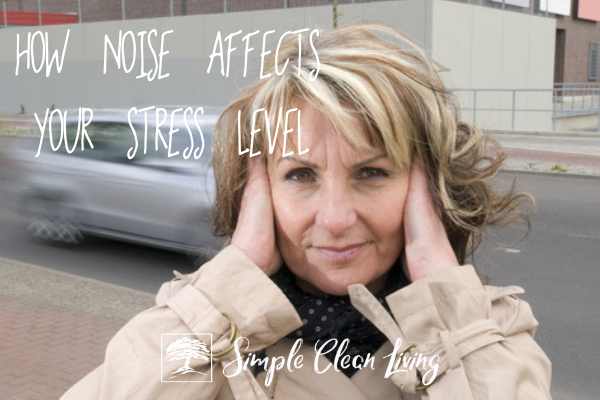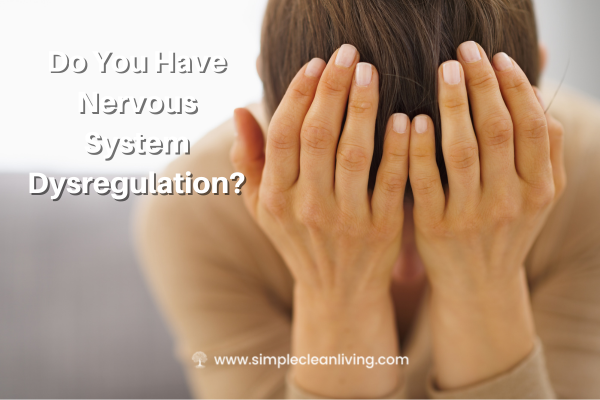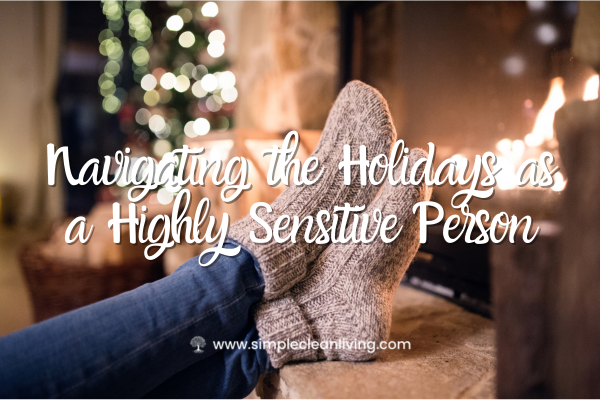Notice: I’m an affiliate for Amazon as well as other companies. Any links in this article may be affiliate links. I always appreciate it if you purchase something using my affiliate links. Doing so helps me to raise a little extra money that pays for the costs of running this site. And it allows me to continue bringing you quality content, all without costing you a thing! Thanks!
Are you bombarded by noise pollution every day? It may be impacting your health!
We’ve all had crazy days. The kind where there is noise everywhere. The kids are screaming, the dog barks all day and the doorbell is ringing. Someone has the television up and one of your kids listens to loud music. The air conditioner is humming and the washer and dryer are running. You’ve got the dishwasher going and you’re running the vacuum cleaner. The noise can become deafening and can make you want to scream. In these moments you find yourself needing a few moments away to quiet the chaos in your mind.
When exposed to large amounts of noise without interruption, you can lose your sense of peace and your feeling of well-being. Exposure to too much noise affects us, mentally, emotionally, and physically. It contributes to chronic stress levels and can steal your health too!
Most are aware that exposure to loud noise can create hearing loss. If you go to excessively loud rock concerts, your ears will probably be buzzing for a while after you leave the show. Factory workers, airline workers, and those working in construction must take precautions to protect their hearing daily.
But in everyday life, we come in contact with a great deal of noise. The noise pollution we face can compromise our mental and physical health.
Common sources of noise pollution inside the home:
Appliances
Your washing machine, dryer, mixers, dishwasher, coffee grinders, food processors, microwaves, and vacuums all make significant noise.
Entertainment sources
Television, stereos, video games, computer speakers, mp3 players are regular and repeat offenders. When used with moderate to high volumes, they overly stress the nervous system and contribute to stress.
People
The people in your home and environment contribute by shouting, crying, singing, clapping, stomping of feet, coughing, sneezing, and snoring.
Animals
Pets contribute to noise pollution the most by barking, whining, meowing, fighting, panting.
Other sources
Other common sources of noise in your environment may be toilets flushing, running water, heating, and air conditioning systems.
Outside of your home:
Vehicles
Loud sounds such as car horns, large trucks, airplanes, motorcycles, helicopters, tractors, and buses all contribute highly to the noise pollution problem.
Outdoor machinery
Any outdoor machinery such as generators, lawnmowers, leaf blowers, weed whackers, tractors creates noise pollution.
Large events
Wherever large groups of people gather, there will usually be an excess of noise pollution. Sporting events, concerts, movies, restaurants can all be very loud and overload your system.
But you can be overwhelmed by more than just loud noises. Even small sounds can overwhelm you if you are already overwhelmed by noise pollution. Simple sounds like a faucet dripping, someone chewing food, or a clock ticking can further tax your nervous system when it has been stretched thin.
So many of us have become so used to being surrounded by sound on a continuous basis, that we cannot recognize how the overabundance of noise is creating stress and eventually health problems for us.
What the WHO says about noise pollution
Even the Center for Disease Control and the World Health Organization recognizes the growing health problem that is created by noise pollution.
According to the World Health Organization’s Guidelines for Community Noise, noise is an increasing public health problem. Noise can have the following adverse health effects: hearing loss; sleep disturbances; cardiovascular and psycho-physiologic problems; performance reduction; annoyance responses; and adverse social behavior.
http://www.cdc.gov/nceh/hsb/noise/
If you find that small noises are irritating to you, if a ticking clock or the chewing of a family member is becoming irritating to you, it may be a buildup of stress from all of the noise that you have encountered throughout your day. You must do something to counteract the negative effects of excess sound-induced stress in order to protect your health.
What you can do to reduce the impact of noise pollution
If you live in an area that experiences a lot of traffic or airport noise, you can counteract that with the use of a white noise machine that can mask some of the detrimental traffic or heavy machinery sounds.
Music
Music is also a powerful tool that can be used for undoing the negative effects of sound pollution. Soft, soothing music on your stereo or mp3 player can actually help to soothe you mentally and help to calm you psychologically. Soothing music, or the sound of rain, or the ocean can also help to improve your mood and help you to concentrate better when working on projects or reading. Amazingly, soft nature sounds or music do not contribute to noise pollution stress, but have a positive psychological effect and can quickly reduce your mental and physical stress.
Taking some quiet time each day can also be very helpful. No television, no loud music…….just silence.
Meditation and deep breathing
Meditation and deep breathing exercises can also be effective in helping you decompress. Both help you let go of some of the excess stress caused by noise pollution.
Also, if you do need to use loud appliances, earplugs can be a great way to reduce the amount of noise that is getting into your system.
Sleep
If you have problems with sound waking you up while you are sleeping, try using a white noise machine, a fan, or listening to a soothing CD of gentle rain falling, sounds of the ocean, or other sounds of nature. Earplugs are beneficial in helping to cover excessive traffic noise or the snoring of a spouse or significant other.
Using headphones
Also, if a family member listens to the television or music too loudly, suggest they use headphones. You can purchase headphones that plug into most televisions and stereo systems for very little, and wireless headphones are available as well.
Be proactive in combating the effects of stress in your life that are caused by noise. Not only will you feel better, but you will find that you have more energy, a better mental attitude, and better concentration. You will get much more done and you are guaranteed to be healthier for it!
Photo credit: © Fotandy | Dreamstime.com




